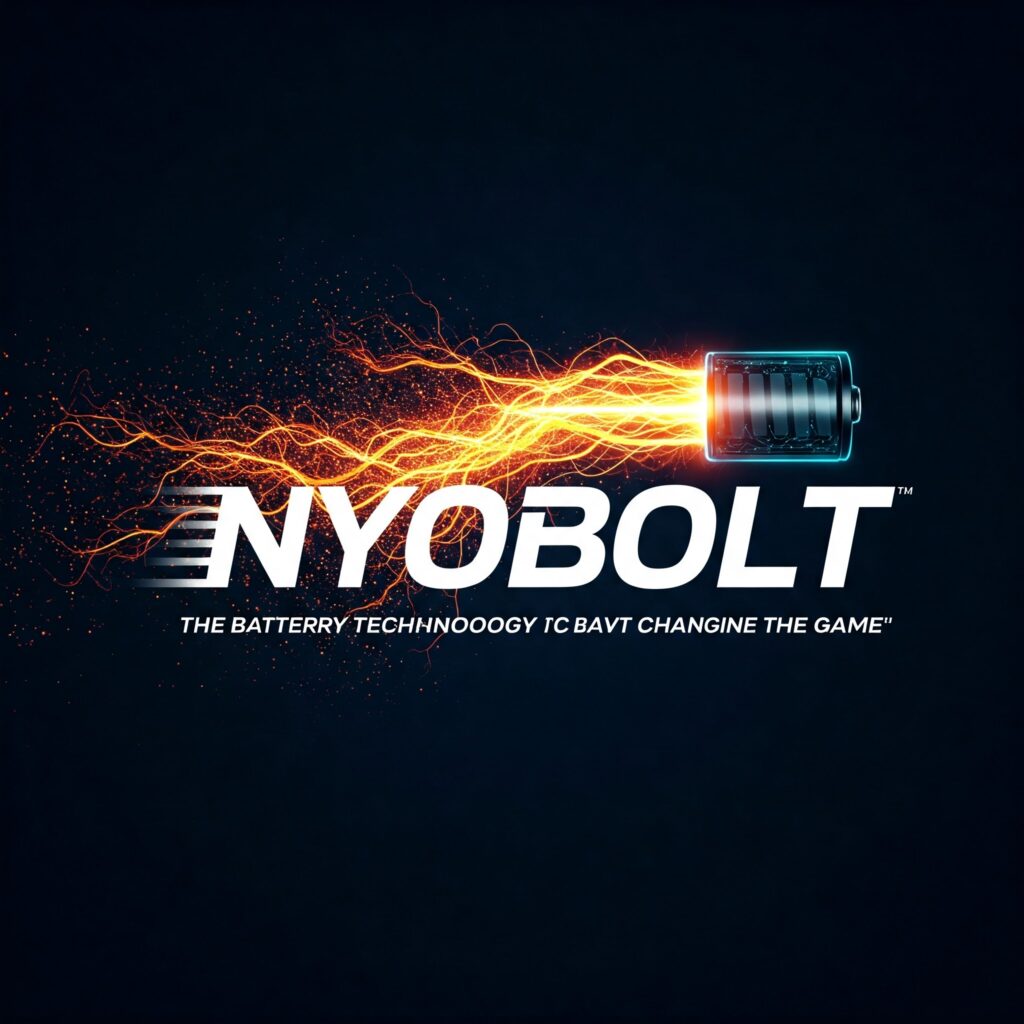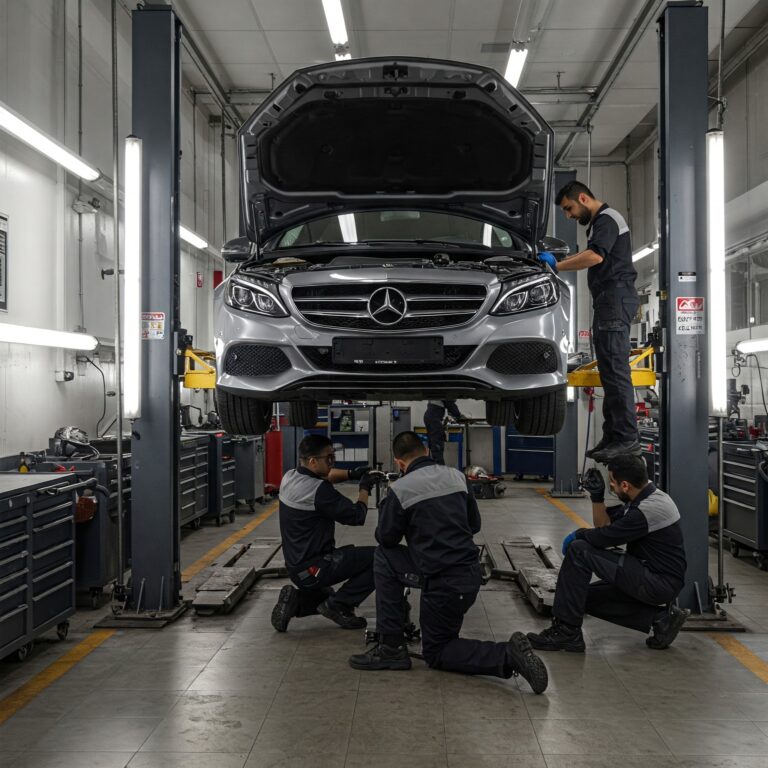
Nyobolt
In the fast-moving world of electric vehicles (EVs), mobile devices, and energy storage, there’s a name that’s quietly but powerfully gaining traction: Nyobolt. If you haven’t heard of it yet, you’re not alone—but it’s a name you’ll want to remember. This UK-based startup is pioneering a new type of battery technology that could dramatically shorten charging times, extend battery life, and open up entirely new possibilities for how we use and think about power.
Let’s break down what Nyobolt is doing, why it matters, and how it might shape the future of tech, transportation, and energy as we know it.
What is Nyobolt?
Nyobolt is a tech company founded by Professor Clare Grey and Dr. Sai Shivareddy in Cambridge, UK. The company focuses on developing ultra-fast charging batteries using advanced materials, most notably niobium-based anodes. The name “Nyobolt” itself hints at this core innovation—niobium and bolt, referring to lightning-fast energy transfer.
The problem they’re trying to solve? Conventional lithium-ion batteries take too long to charge, degrade over time, and are sometimes bulky and heavy. Nyobolt’s solution is to engineer a battery that charges in minutes, not hours, and keeps doing so for thousands of cycles.
How is Nyobolt Different from Traditional Batteries?
Most batteries today use graphite anodes, but Nyobolt replaces these with niobium tungsten oxide (NWO) materials. Here’s why that’s a game-changer:
-
Fast Ion Diffusion: NWO allows lithium ions to move in and out of the anode material much faster than graphite. Translation? Super-fast charging.
-
High Conductivity: These batteries conduct electricity better, reducing internal resistance and heat build-up—both of which slow down charging in traditional cells.
-
Durability: Nyobolt claims their batteries can handle over 10,000 charge cycles with minimal capacity loss. That’s roughly 25 years of daily charging.
-
Safety: Unlike some traditional lithium-ion batteries, Nyobolt’s materials are thermally stable, meaning they’re far less likely to overheat or catch fire.
This combo of speed, longevity, and safety makes it ideal for use in electric vehicles, robotics, power tools, consumer electronics, and even aerospace applications.
Charging in 6 Minutes? Really?
Yes, really.
In July 2023, Nyobolt unveiled a concept EV in partnership with design firm Callum—a sleek, lightweight electric sports car capable of charging its small but powerful battery pack from 10% to 80% in just 4 minutes and 37 seconds. That’s nearly as fast as filling a tank with gas.
Now, to be fair, this prototype had a 35 kWh battery, smaller than the 70–100 kWh packs found in full-size electric SUVs. But the point isn’t just the capacity—it’s that the technology scales. Whether it’s for a scooter, a smartphone, or a sedan, ultra-fast charging could soon become the new normal.
Why Niobium? Isn’t It Expensive?
You might be wondering: why niobium, and does it make sense from a cost perspective?
Niobium is actually not as rare or expensive as you might think. It’s widely available, particularly in countries like Brazil and Canada, and is already used in steel production and superconducting magnets.
Nyobolt’s technology uses only small amounts of niobium per battery, and because the batteries last so much longer, the cost per cycle actually becomes competitive—or even cheaper—compared to traditional lithium-ion options.
Who’s Paying Attention to Nyobolt?
Investors and industry insiders have started to take notice. As of 2023, Nyobolt had raised more than £50 million in funding, including a major Series B investment led by H.C. Starck and other strategic backers.
Automakers, especially those looking to gain an edge in the electric vehicle market, are exploring how Nyobolt’s technology could help them deliver a better driving and charging experience. And with sustainability becoming a key differentiator, battery longevity is more than just a nice-to-have—it’s a competitive necessity.
Applications Beyond EVs
While most headlines focus on Nyobolt’s potential in the electric car space, the implications stretch much further.
-
Consumer Electronics: Imagine phones that charge in under 2 minutes and don’t need new batteries for 10 years.
-
Power Tools: Cordless tools that charge between jobs, not overnight.
-
Medical Devices: Pacemakers or insulin pumps with batteries that last longer and charge faster, reducing maintenance and improving patient safety.
-
Grid Storage: Renewable energy sources like wind and solar can store and discharge power more efficiently with faster-charging, longer-lasting batteries.
Sustainability and the Circular Economy
Nyobolt’s technology also aligns well with global sustainability goals. Because these batteries last much longer, fewer end up in landfills. Plus, with a reduced need for cobalt (a common but ethically problematic material in many batteries), Nyobolt is working toward a cleaner supply chain.
And thanks to niobium’s recyclability, Nyobolt batteries could play a key role in a circular battery economy, where end-of-life cells are harvested for raw materials and re-integrated into new production.
Challenges Ahead
Of course, there are hurdles to overcome. Scaling up manufacturing, securing stable raw material supply chains, and proving real-world reliability at mass market scale are no small feats. Nyobolt will also face stiff competition from other next-gen battery companies like StoreDot, QuantumScape, and CATL, all racing to crack the code on fast-charging, high-performance cells.
But if their claims hold up under scrutiny—and so far, they seem to—Nyobolt may have a serious edge.
The Future Looks Fast
In an age where “waiting” is increasingly unacceptable—whether that’s waiting for your phone to charge, your car to power up, or your devices to boot—Nyobolt’s promise of speed, endurance, and efficiency is a breath of fresh air.
We’re on the cusp of a battery revolution, and companies like Nyobolt are at the front of the charge (pun very much intended). Whether you’re a tech enthusiast, an EV driver, or just someone tired of plugging in overnight, it’s worth keeping your eye on this lightning-fast innovator.





